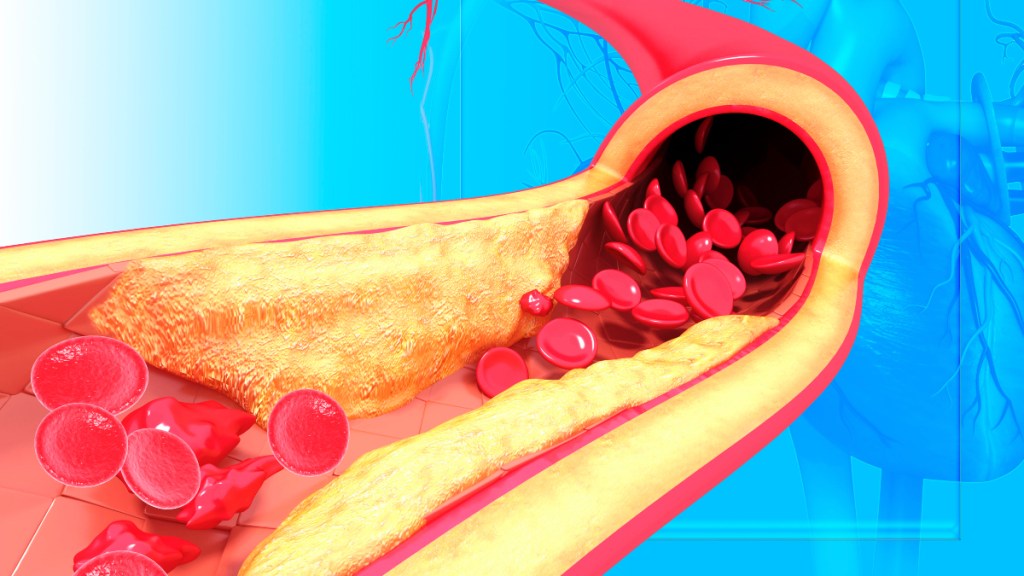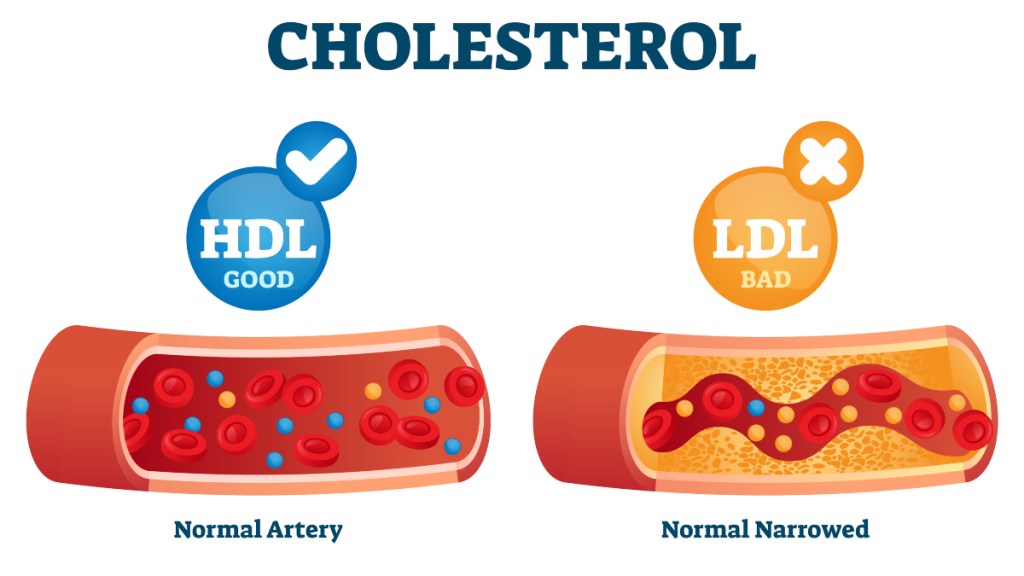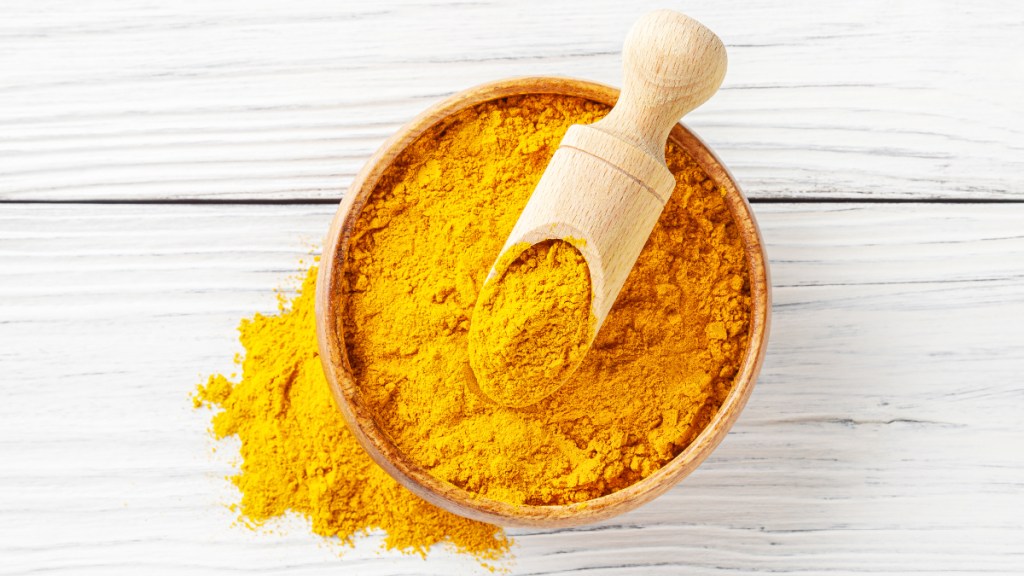How to Prevent Heart Disease: These 5 MD-Backed Shortcuts Are Too Easy Not to Try
Doctor says simply relaxing in a warm bath helps keep your heart healthy

You know how important it is to keep your heart healthy. And that’s especially true for women since the odds of developing heart trouble increases after menopause. Eating healthy and staying active are smart first steps. But it turns out there are some surprisingly simple tricks you can add to your daily routine that can make a big difference. Here, discover the best doctor-approved heart disease prevention for women tips to help keep your ticker in tip-top shape.
What is heart disease?
The Centers for Disease Control and Prevention reports that more than 44% of women in the US are living with some form of heart disease. Heart disease is a general term that includes many conditions which affect the structure and function of the heart. It’s a type of cardiovascular disease (CVD), says cardiologist Joyce Oen-Hsiao, MD, associate professor of clinical medicine at Yale School of Medicine in New Haven, CT.
Although the terms heart disease and CVD are often used interchangeably, there’s a slight distinction. “Cardiovascular disease is broader and encompasses both conditions of the heart and vascular [circulatory] system, which includes issues pertaining to the arteries and blood vessels,” she says. For instance, a stroke is considered a type of cardiovascular disease because it affects the arteries leading to or within the brain.
When it comes to heart disease, there are several different types. They include arrhythmia (irregular heart rhythm), cardiomyopathy (a weakened heart muscle) and congenital heart disease (a defect in the heart’s structure from birth).
However, the most common type of heart disease, and the leading cause of death for women, is coronary artery disease. Coronary artery disease, also known as coronary heart disease, occurs when a buildup of plaque narrows and hardens the insides of the arteries. Over time, this can partially or completely block blood flow to the heart, potentially leading to a heart attack.

Heart disease risk factors for women
There are many reasons women may develop heart disease. Here are some key ones to know about:
1. Having diabetes
If you have diabetes, you’re twice as likely to have heart disease or a stroke, according to the CDC. And the longer you have diabetes, the more likely you are to develop heart disease. Over time, elevated blood sugar levels can damage the blood vessels and nerves that control the heart.
Although diabetes can be a risk factor for heart disease in both men and women, research shows women with diabetes are more likely to have heart disease than diabetic men. In fact, a study in the Journal of Clinical Medicine found the risk of CVD is 44% greater in women with diabetes than men with diabetes. (Click through for simple food swaps for diabetes that can dramatically reduce your risk of the condition.)
2. Menopause
The drop in estrogen that accompanies menopause can trigger everything from hot flashes to vaginal dryness. But changes in this hormone can also affect your heart. “Estrogen is a protective barrier against plaque formation in blood vessels that would otherwise be injured,” explains Bibhu Mohanty, MD, a cardiologist and associate professor in the department of cardiovascular sciences at the University of South Florida Health Sciences Center. “When estrogen drops or goes away, the things you’ve been protected against are suddenly coming to the surface.”
One of estrogen’s key heart-protecting powers is its ability to moderate the ratio of “good” HDL to “bad” LDL cholesterol, says Dr. Mohanty. So it’s no surprise that a study in Menopause found post-menopausal women had higher levels of LDL cholesterol and triglycerides in their blood than pre-menopausal women.

3. High blood pressure
High blood pressure, also called hypertension, is a leading cause of heart disease and stroke. It can be caused by conditions such as chronic stress, a diet high in salt, being overweight and living a more sedentary lifestyle. Nearly half of American adults have high blood pressure, and many don’t even know it.
It’s also a key risk factor for women. Why? A study in JAMA Cardiology found that the risk of high blood pressure increases as we age at a faster rate in women than men. The researchers explain that women’s blood vessels, including both small and large arteries, age faster than men’s, which ups the odds of heart trouble. (Click through for easy blood pressure hacks that lower you readings effortlessly, and how an iron deficiency without anemia can up your risk of heart trouble.)
Is heart disease genetic?
Genetics play a big role in heart disease, says Dr. Oen-Hsiao, who is also the director of cardiac rehabilitation services at Yale New Haven Hospital’s Heart and Vascular Center. “If your parents had diabetes, high blood pressure or cholesterol, it can be passed along to you,” she explains. “So you can’t beat yourself up if you have any of these things and need to be on medication. You may just have in it your genes.”
Dr. Mohanty agrees. “You’ll find people who don’t do all the right things and they never get heart attacks. But then there are people who eat healthy, don’t smoke, and exercise and they do get heart attacks,” he says.
There’s no one gene that causes heart disease, but rather a combination that can up your chances. Having a first-degree relative (a parent or sibling) who has heart disease, especially coronary artery disease, is an important risk factor. Case in point: A study in Nature Medicine of nearly 250,000 cases of coronary artery disease found roughly one-third to one-half of your odds for developing the condition are through inherited genes.
Heart disease in women can be reversed
The good news: You can turn things around if you have heart disease. “One way is with medication like cholesterol-lowering statins,” Dr. Oen-Hsiao says. “But my first line of primary treatment is to help the patient get into healthy lifestyle habits. Prevention is how you stop it from happening in the first place.” That’s why heart disease prevention for women is so important.
Reversing heart disease also includes taming inflammation in the cardiovascular system, says Dr. Mohanty. “When we talk about coronary artery disease, we think of plaque as a very slow growing tumor on the inside of a blood vessel,” he says. “The prevailing theory of how plaque establishes itself in vessel wall is mediated by inflammation. So if we want to reverse it, it’s by an anti-inflammatory approach.” (See how omega 3 tames inflammation to boost heart health.)
Following a Mediterranean diet, getting enough exercise, and doing things to relieve stress (such as yoga) are all considered to be anti-inflammatory, says Dr. Mohanty. Other ways to help reverse heart disease include getting 7 to 8 hours of sleep a night, maintaining a healthy weight and keeping your cholesterol, glucose levels, and blood pressure in a healthy range. (Bonus: Warding off heart trouble may reduce your risk of depression after an illness, such as a heart attack.)

5 heart disease prevention for women tips
When it comes to heart health, you know the basics: Eat healthy, stay active, and get sound sleep. But there are some other easy heart disease prevention for women tips that can make a big difference (without a lot of work!).
1. Take the stairs
Choosing the stairs over the elevator is a simple swap that helps keep your heart strong. A study in Atherosclerosis followed nearly 459,000 adults for more than 12 years and found those who climbed more than five flights of stairs a day (about 50 steps) had a lower risk of atherosclerotic cardiovascular disease (ASCVD), a hardening of the arteries from gradual plaque buildup, compared to non-climbers.
Study author Lu Qui, MD, PhD, explains how stair climbing can help. “Short bursts of high-intensity stair climbing are a time-efficient way to improve cardiorespiratory fitness and lipid profile, especially among those unable to achieve the current physical activity recommendations,” he says. Essentially, it’s an easy way to squeeze a bit of heart-smart exercise into your daily routine, especially on busy days. (Learn how walking barefoot and neural nostalgia protects your ticker, too.)
2. Season with turmeric
The warm, earthy and somewhat bitter taste of turmeric makes it an ideal seasoning for curries and marinades. And with every delicious bite, you’ll be protecting your heart. “Tumeric has anti-inflammatory properties, which can help protect you from heart disease,” says Dr. Oen-Hsiao. “High inflammation in the body can lead to increased plaque depositing on the heart’s arteries, which can cause heart attacks.”
Try adding turmeric and garlic (another anti-inflammatory food) to your favorite marinade. Tip: Use the mixture on chicken and you’ll boost the heart-smart benefits. Chicken contains vitamin K, and a study in the Journal of the American Heart Association found folks who eat a diet rich in vitamin K have up to a 34% lower risk of atherosclerosis-related cardiovascular disease. (See how turmeric can aid weight loss, too.)

3. Try meditation
Practicing medication is linked to a lower risk of cardiovascular disease, according to a study of more than 61,000 people in the American Journal of Cardiology. Scientists found that people who mediated had a lower rates of high blood pressure, diabetes, stroke, high cholesterol, and coronary artery disease than non-meditators.
Meditation can also decrease stress, anxiety and depression, all of which can lead to heart disease over time. “Meditation is a tool to become more mindful and teach you how to relax your system,” says Dr. Mohanty. “It brings your heart rate and stress hormones down and allows the mind to find more clarity.” Not sure how to get started? Check out the beginner-friendly 5-minute guided meditation video below.
4. Relax in the tub
Enjoying a steamy soak is a relaxing way to protect your heart. A study in Heart found people age 40 to 59 who took a daily hot or warm bath had a 28% lower risk of cardiovascular disease and a 26% lower risk of stroke than those who soaked twice a week or less. “When you take a hot or warm bath, the heat allows blood vessels to relax and dilate,” says Dr. Mohanty. “This allows for a period of enhanced blood flow, similar to the effects exercise has on the body.”
5. Lend a helping hand
Whether you pitch in with your church’s annual fundraiser or make sandwiches at a local food bank, doing good for others is good for ticker. “Volunteering can improve cardiac health because giving to others helps keep people happier and reduce anxiety,” says Dr. Oen-Hsiao. “These can lead to individuals staying active and thus reducing their blood pressure.”
Research backs this up. Scientists at the University of Massachusetts found adults 50 and older who regularly volunteered lowered their risk of high blood pressure and were less likely to be carrying extra fat around their mid-sections (another risk factor for heart disease) than those who didn’t volunteer.
For more ways to keep your heart healthy:
Top Doc: Beetroot Is the Superfood That Keeps Your Heart Healthy, Vision Sharp + So Much More
This content is not a substitute for professional medical advice or diagnosis. Always consult your physician before pursuing any treatment plan.












